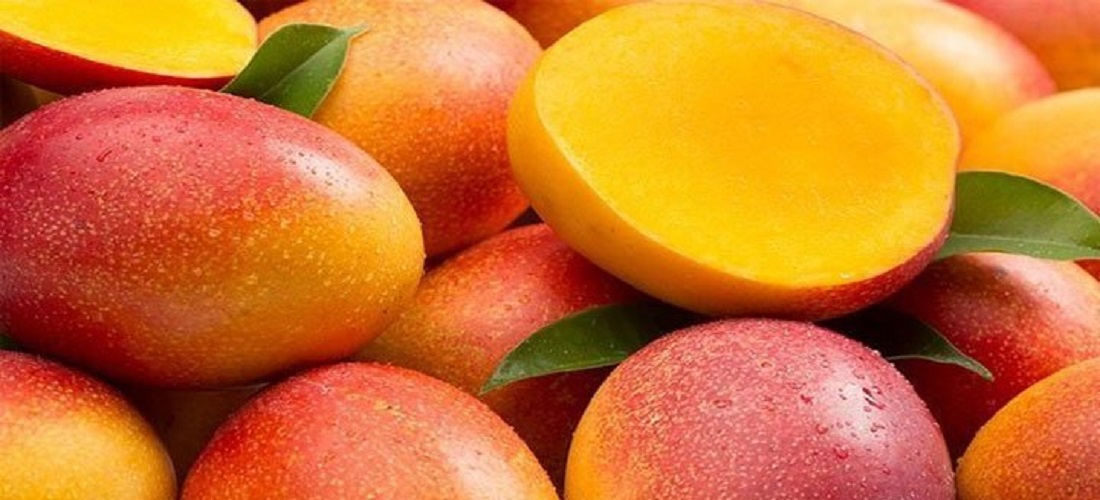
Brazil to increase fruit exports to the UK in the coming years
Oct, 05, 2021 Posted by Ruth HollardWeek 202138
Brazil has promising prospects for increasing exports of superfoods and exotic fruits such as mangoes, papayas, peaches, nectarines, and berries to supply the United Kingdom in 2022, according to a study released by APEX-Brasil (the Brazilian agency for the promotion of exports and investments).
According to APEX-Brasil, two factors are decisive for this to happen: the change in food consumption habits of the British and Brexit, which will take effect next year with the implementation of sanitary barriers to European Union (EU) products ) – currently the main exporting region for the country.
This scenario was presented on September 30th at the UK Fruit Opportunities Webinar, organized by APEX-Brasil in partnership with ABAFRUTAS (the Brazilian association of fruit and derivative exporters).
Brexit Potential
According to Brazil’s agricultural attaché in the United Kingdom, Augusto Bill, “The United Kingdom imports 88% of the fruit it consumes, with half of the imports coming from the European Union. The year 2022 will be key, as the region will start to implement sanitary barriers to EU products; this will reduce imports from the bloc, increasing opportunities for Brazilian exporters.”
The agricultural attaché also showed the tariff and regulatory reductions that were applied to the import of fruit from countries outside the EU. According to him, there was even easier control of pests, which also helps the entry of Brazilian products into the United Kingdom.
Another factor aiding the expansion of Brazilian fruit sales to the United Kingdom is that the British have monitored their diet to control their weight and are more attentive to nutritional information on food and beverage labels. This was encouraged by the British government, which has developed advertising campaigns on the topic.
According to Bill, “the UK market is a showcase for the world, but it is very demanding, as there are concerns with sustainability. The product must have environmental, social, and ethical trade certifications. What moves the consumer’s heart is seeing or knowing who picked the fruit, its history, the affection with which everything is made, and how the production changes those people’s lives.”
Source: Agro em Dia
To read the full original article, visit the link:
-
Ports and Terminals
Jan, 26, 2023
0
Port of São Francisco do Sul announces new president
-
Ports and Terminals
Jan, 05, 2024
0
Port of Pecém Achieves Record Steel Plates Throughput in 2023
-
Ports and Terminals
Sep, 21, 2021
0
Paraná presents future hopper project on October 20th
-
Economy
Oct, 13, 2023
0
India Expects To Double Its Trade With Brazil, Cut Crude Import Dependence

